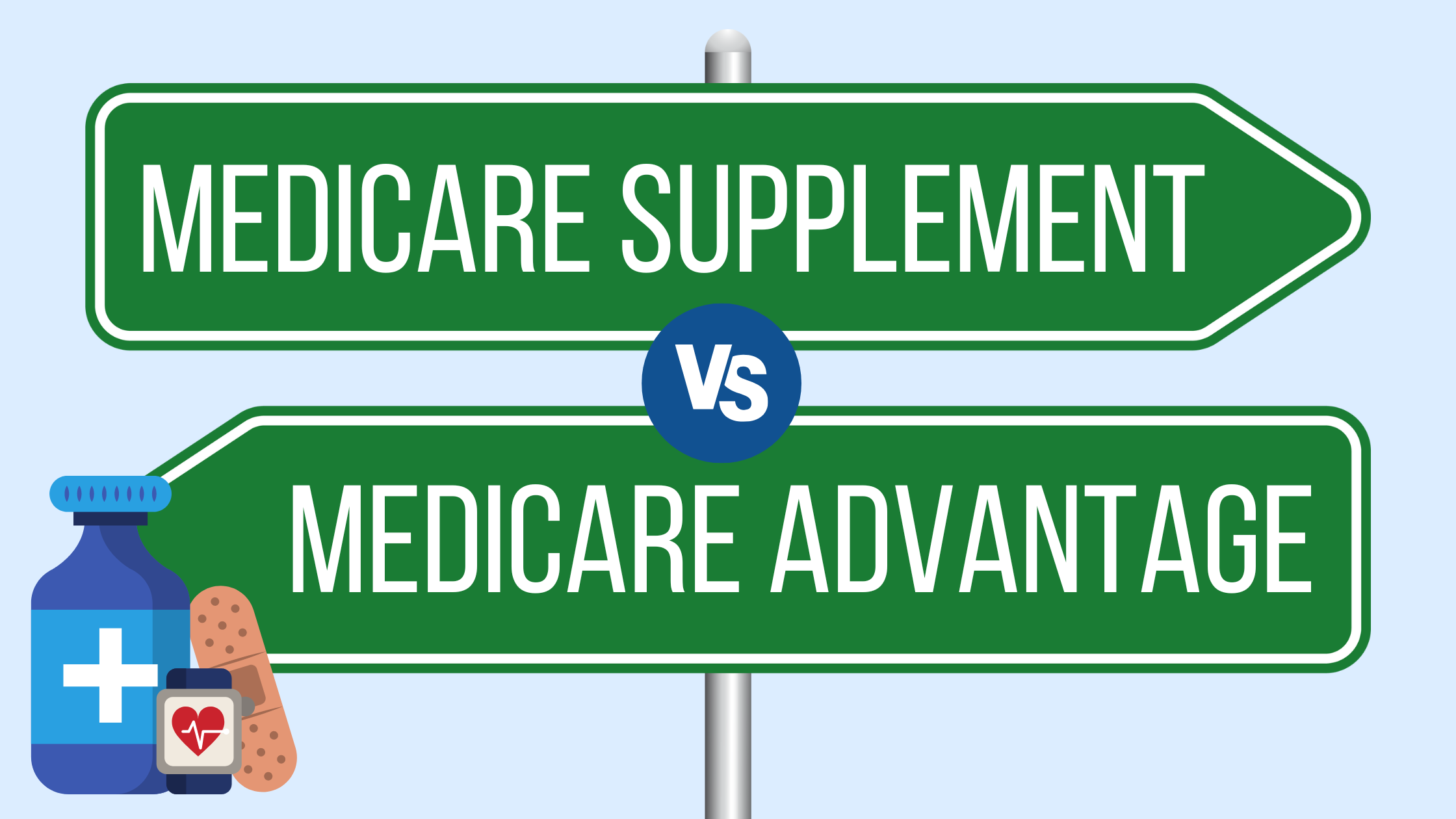Do you prefer a crisp, crunchy apple or a sweet, juicy orange? Choosing between Medicare Supplement and Medicare Advantage plans is similar—each offers unique benefits, and it can be tough to decide which one is right for you.
The 3 Cs: Coverage, Cost, and Changes
Let’s break down the key differences to help you make an informed decision.
Coverage
Medicare Supplement:
- Works alongside Original Medicare (Parts A & B).
- No networks, referrals, or prior authorizations needed.
- You can see any provider who accepts Medicare.
- Coverage is nationwide.
- Fills in the gaps of Medicare coverage but does not include dental, vision, or hearing services (though discounts might be available).
Medicare Advantage:
- Combines Parts A & B and often includes additional benefits like dental, vision, and hearing care.
- May have a provider network; out-of-network care might cost more.
- Referrals may be needed to see specialists.
- Localized coverage based on plan network.
Bottom Line: Both plans offer more coverage than Original Medicare alone. Your choice depends on whether you value flexibility (Medicare Supplement) or extra benefits (Medicare Advantage).
Cost
Medicare Supplement:
- Pay a monthly premium and the Medicare Part B premium.
- Helps cover out-of-pocket costs like deductibles, coinsurance, and copayments.
- Think of it as a “pay up front” plan—predictable monthly costs for peace of mind.
Medicare Advantage:
- Low or zero-dollar monthly premium, plus the Medicare Part B premium.
- Pay copays, coinsurance, and deductibles as you use services.
- Consider it a “pay as you go” plan—costs can vary throughout the year.
Bottom Line: No plan is free. Comparing both the premium and potential out-of-pocket costs will help you understand the total cost of each plan.
Changes
Medicare Supplement:
- Lifetime coverage—once enrolled, benefits don’t change.
- No need to re-enroll each year.
- High satisfaction rates among members.
Medicare Advantage:
- Benefits and costs can change annually.
- Networks may change during the year.
- Only certain times of the year allow for switching plans.
Bottom Line: Stability vs. flexibility. If you prefer consistent benefits and coverage, Medicare Supplement might be better. If you don’t mind potential changes, Medicare Advantage offers more options.
The Final Choice
Is it possible to love both apples and oranges? Absolutely! Each plan suits different needs and preferences. With a large number of people becoming eligible for Medicare in the coming years, having both types of plans in your offering can help you reach more clients and grow your business.
By understanding the differences in coverage, cost, and changes, you can help your clients choose the plan that best fits their needs, lifestyle, and budget.


